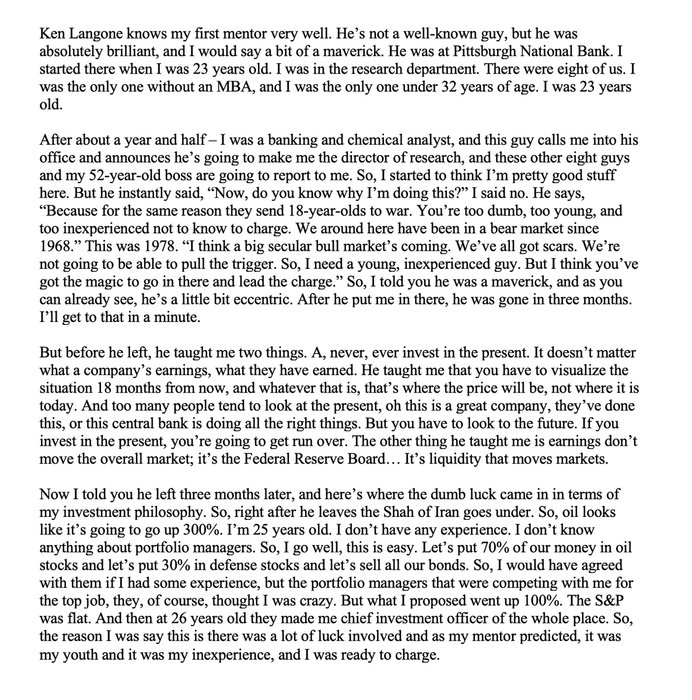Sublime
An inspiration engine for ideas
O investidor de bom senso: A melhor maneira de garantir um bom desempenho no mercado de ações (Portuguese Edition)
amazon.com
The moral of the Gotrocks story: Successful investing is about owning businesses and reaping the huge rewards provided by the dividends and earnings growth of our nation’s—and, for that matter, the world’s—corporations.
John C. Bogle • The Little Book of Common Sense Investing: The Only Way to Guarantee Your Fair Share of Stock Market Returns (Little Books. Big Profits)
More than 2,000 books are dedicated to how Warren Buffett built his fortune. Many of them are wonderful. But few pay enough attention to the simplest fact: Buffett’s fortune isn’t due to just being a good investor, but being a good investor since he was literally a child.
As I write this Warren Buffett’s net worth is $84.5 billion. Of that, $84.2
... See moreMorgan Housel • The Psychology of Money: Timeless lessons on wealth, greed, and happiness

Even hyperactive investors seem to believe in indexing strategies. Here’s what James J. Cramer, money manager and host of CNBC’s Mad Money, says: “After a lifetime of picking stocks, I have to admit that Bogle’s arguments in favor of the index fund have me thinking of joining him rather than trying to beat him. Bogle’s wisdom and common sense [are]
... See moreJohn C. Bogle • The Little Book of Common Sense Investing: The Only Way to Guarantee Your Fair Share of Stock Market Returns (Little Books. Big Profits)
John Bogle • "Enough"

Just consider these commonsense realities: We know that we must start to invest at the earliest possible moment, and continue to put money away regularly from then on. We know that investing entails risk. But we also know that not investing dooms us to financial failure. We know the sources of returns in the stock and bond markets, and that’s the
... See more